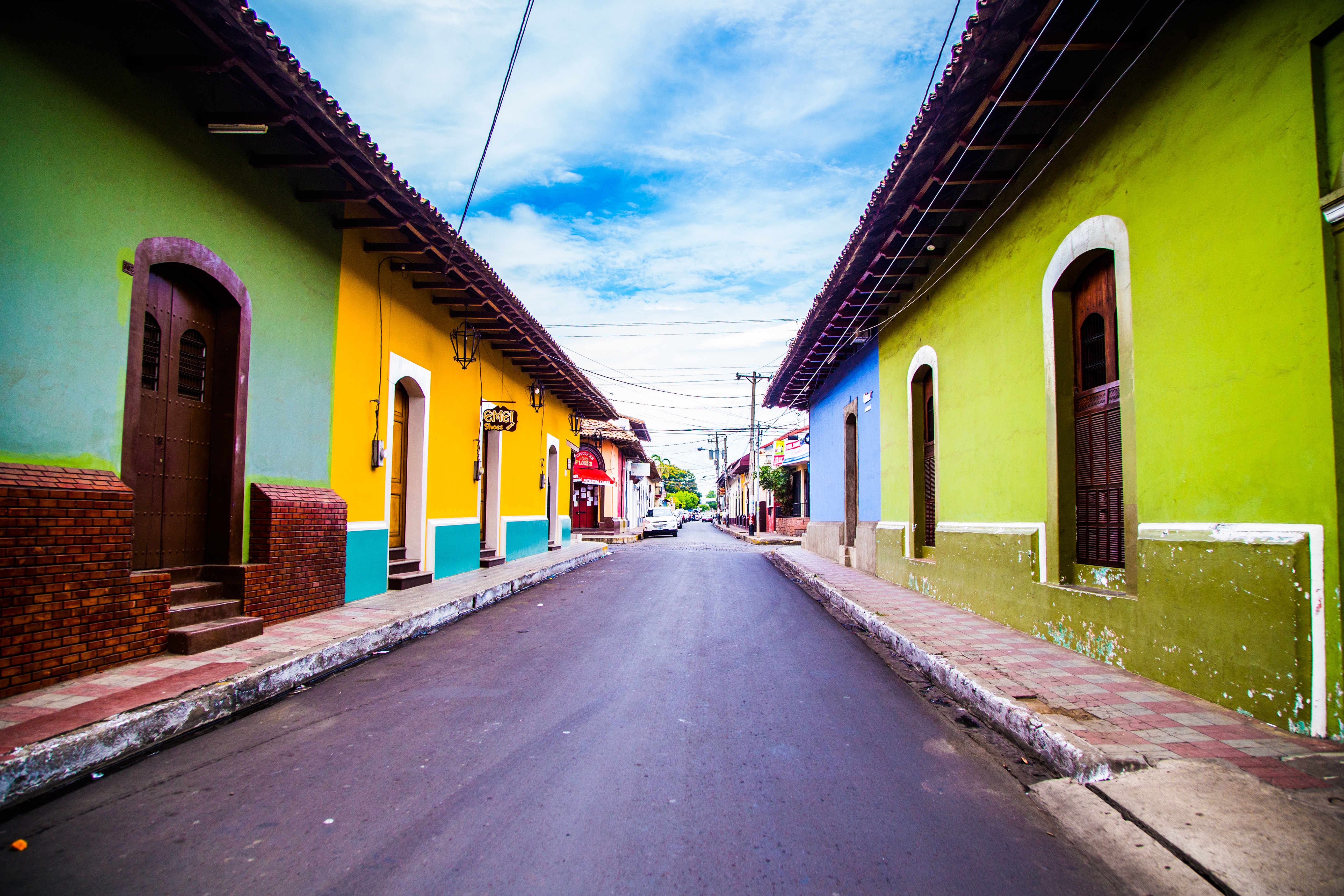Although incredibly diverse, the smaller countries in Central America still face a number of structural and cultural barriers that continue to hold them back. According to the Wall Street Journal, the “Northern Triangle” of Central America – which includes Honduras, Guatemala, and El Salvador – is one of the world’s most dangerous regions. Heavy drug trafficking and powerful organized-crime networks have overwhelmed the region’s governmental institutions, creating a vicious circle of poverty and violence. These problems were exacerbated after 9/11 when increased US vigilance in the Gulf of Mexico forced more drug trafficking overland, through Central America.
Thanks to the internet and the widespread adoption of mobile devices, we’re seeing the first doors opening for a new age of development in Central America in the form of entrepreneurs and innovators trying to capitalize on opportunities in countries like Nicaragua, Honduras, Guatemala, and El Salvador. Here’s a brief overview of the current business environment in some of the smaller countries in Central America.
Nicaragua
Nicaragua is the largest country by area in Central America but only has a population of 6 million people. The average monthly salary in Nicaragua is approximately US$420/month, a fairly average figure for the region.
Despite Nicaragua’s relatively low GDP, US$14.3 billion and US$2,228.80 per capita, its startup scene is beginning to show signs of initial growth from a very low base. Companies like Vega Coffee are already breaking into the US market by selling coffee directly from producers to consumers, lowering prices and allowing farmers to keep revenue by cutting out the middleman. Mobile app Vynil is another exciting company to watch, as they are attracting more people to the region, specifically Millennial nomads.
If you’re interested in spending some time in the Nicaragua, noteworthy coworking spaces include La Fabrica Coworking and Co-labora. Co-working options are also cropping up outside of the capital Managua and co-living spaces, such as Encuentros in Granada and NomadLife in San Juan del Sur, are successfully attracting digital nomads with Nicaragua’s low costs of living and its proximity to beaches and cultural heritage sites.
Honduras
Working in Honduras can be challenging, given its low GDP, at just US$21.4 billion, or US$ 2,570.80 per capita, and an average salary at 7,400 lempiras, or approximately US$342/month. Nonetheless, some of the first tech startups are starting to get off the ground in Honduras, (population 9 million), with apps like VoaComer taking over the food delivery industry. Movitext, a massive SMS texting app targeted to the Mexican and Central American market, boasts an impressive list of clients who entrust their services, including Google, Facebook, Waze, Airbnb, Microsoft, as well as many banks, universities, and retailers. Chekku, an intuitive tool that uses mobile technology and GPS to optimize resources for businesses, is another Honduran startup to keep on your radar.
Co-working spaces are also popping up in capital Tegucigalpa and even in San Pedro Sula, previously one of the most dangerous cities in the world. Entrepreneurs, freelancers, and digital nomads can check out Urban Office, Workbox, and Connect Cowork TGU, to get a foot on the ground.
Guatemala
With over 15 million people, 62% of whom identify as indigenous, mountainous Guatemala is the most populous on the Central American isthmus. GDP in Guatemala is predicted to reach US$72 billion in 2017, with US$4,212.10 GDP per capita. Outside of Guatemala City, new cities such as Antigua are proving themselves to be startup hubs for Central America, with coworking and coliving spaces – such as Serendipity Lab, ImpactHub, and Chamba Coworking – attracting professionals to Guatemala.
Due to the development challenges presented by Guatemala’s geography, its most innovative startups focus on providing services to the most vulnerable populations. Kingo Solar Energy provides prepaid solar energy to homes that otherwise would be lit by kerosene or candles at night. Iguama is making US products available to Guatemalans through a safe mail-order application that delivers straight to consumers’ doorsteps. Despite being the wealthiest city in the Guatemala, the average monthly salary in Guatemala City is approximately US$600.
El Salvador
El Salvador is the wealthiest of the countries on this list, however, it’s a latecomer to the Central American startup scene. Most of the coworking spaces are still based in capital San Salvador, where Internet connections are stronger and there is more access to amenities that businesses require. Deskritorio Coworking and Yawal, for example, are at the forefront of co-working/co-living spaces in El Salvador.
The top startups in El Salvador are heavily based on improving the tourism sector of the economy, however, companies like Insidey, which helps make teamwork more efficient, are starting to innovate in other sectors. Yupi and Pagadito are Salvadoran versions of Uber and PayPal, respectively. El Salvador’s GDP of US$27.7 billion, US$4,486.40 GDP per capita, and average monthly salary of US$371.71 are helping it catch up with the rest of Central America.
According to Andy Lieberman, Director of New Programs at Miller Center for Social Entrepreneurship, there are plenty of opportunities for Central America to leapfrog other regions. Entrepreneurs can leverage mobile data and cloud-based tools that provide better services at lower costs without the large upfront investment that used to be necessary for a technology-based enterprise.
Lieberman also believes there is plenty of room for the region to embrace approaches already proven elsewhere in the world and apply them to the local context. While there are many challenges of doing businesses in Central America, and it still has a long way to go before it can be a lucrative option for setting up a company in Latin America, there are opportunities for those who are willing to take the risk today. It will be interesting to see how the new startups emerging from the countries above coupled with new government initiatives may help Central America progress much faster in the coming years.
